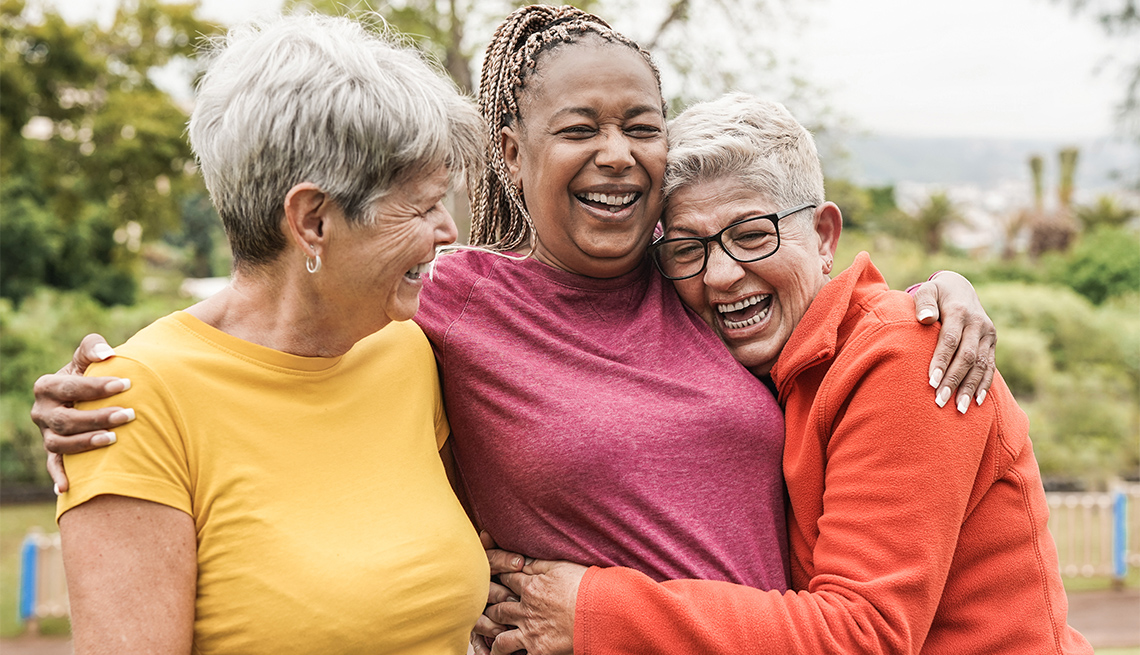
6 surprising ways covid-19 has changed friendships
- Select a language for the TTS:
- UK English Female
- UK English Male
- US English Female
- US English Male
- Australian Female
- Australian Male
- Language selected: (auto detect) - EN
Play all audios:

Much like a plant or any living thing, the more care and attention given to friendships, the stronger they grow and the more connected people feel. So when COVID-19 came along, and the term
“social distancing” became the new norm, friendships were put to the test. Some bonds, because of the pods people formed in an effort to limit virus exposure, grew stronger. Others, after
months of limited or no interaction, faded away or were lost entirely. “People were forced to reconcile the value of friendship, because you can really understand the value of something
when it’s taken away,” says Marisa G. Franco, a psychologist, friendship expert and the author of _Platonic: How the Science of Attachment Can Help You Make — and Keep — Friends_. “You can
see how that affects you.” A recent AARP survey on friendships among adults 50 and older found that more than half of people say that since the pandemic began, strengthening relationships
with friends and family plays a more important role in their lives. According to Franco, research points to an interesting phenomenon that occurs when people spend time with others.
Feelings get amplified, intensifying both positive and negative emotions. At the same time, during the darkest days of the pandemic, “a lot of us felt like we were in a limited emotional
range,” Franco says. “We felt blah. I think all of this reveals just how important social connection is for us to feel like we’re at our homeostasis.” Here are six ways COVID-19 has
changed friendships. 1. THERE’S A RENEWED EMPHASIS ON RECONNECTING The pandemic has changed the way people feel about friendships. The AARP survey on friendships among adults age
50-plus found that 67 percent of those who knew someone who became seriously ill or died from COVID-19, and 59 percent of those who didn’t know anyone who died or was seriously ill, now say
that social connections and spending time with loved ones are more important to them. During the early days of the pandemic, Donna Flanagan, 62, who lives alone in San Antonio, thought a
lot about rekindling old friendships that had petered out. “That time made me reflect and think about who I hadn’t talked to in a while and wanted to reconnect with,” she says. Flanagan
upgraded her Zoom account to allow for longer online meetings with friends and family, and she reached out by phone to her best friend from middle and high school. The friends hadn't
been as close starting decades ago, when Flanagan moved from her hometown of Chicago to Texas, and stayed connected only through annual Christmas cards and conversations at high school
reunions. While the two don’t talk as frequently now that the pandemic has entered its third year and everyday life is a bit closer to normal, the women text regularly. Flanagan’s
childhood friend sends photos and shares updates about her family and some of the people they both knew in high school.
